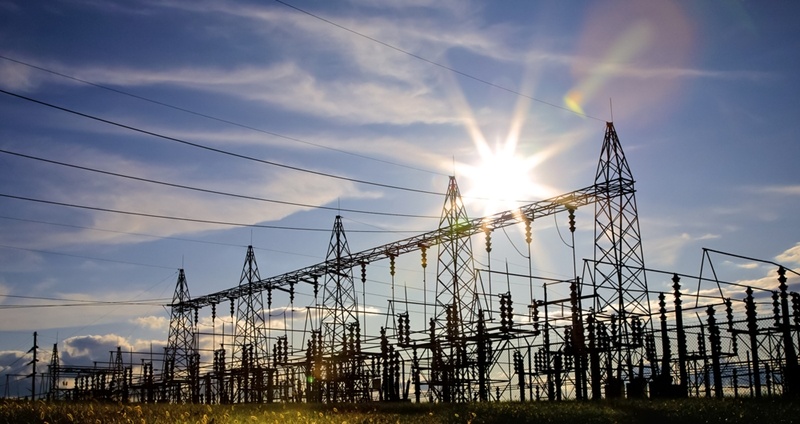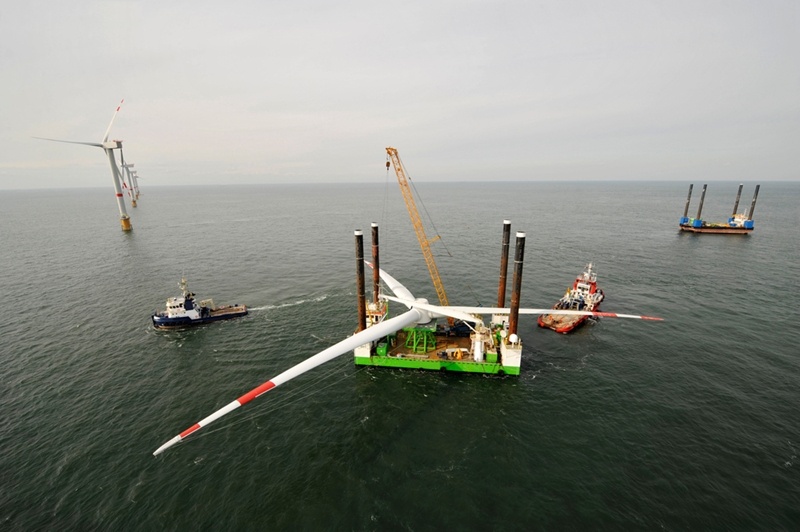Bill by New Mexico senator could endow FERC with new authority over state governments
FERC could receive a new tool in the struggle to expedite transmission construction proposals at the state and local level.
Legislation introduced by Senator Martin Heinrich of New Mexico this week seeks to expand the powers of the Federal Energy Regulatory Commission. In certain instances, FERC could push through plans to build intrastate transmission infrastructure without the consent of the states involved in the planning and approval stages, according to Utility Dive.
In the past other bills have attempted to do the same thing. According to Governors' Wind Energy Coalition, Wisconsin Representative Jim Sensenbrenner attempted to put forth a similar measure, granting FERC the authority to supersede state power in transmission affairs after a one year window closed.
"Intrastate power transmission requires many little puzzle pieces."
FERC sets the clock on transmission proposals
The bill directly alters the language of the Federal Power Act, which according to a statement by Heinrich - a member of the Senate Committee on Energy and Natural Resources - was the very legislation that gave FERC its limited governmental authority over state-level regulatory bodies in the first place. However, that was more than 80 years ago. Now, Heinrich argues, the energy environment has charged dramatically. A system of one-way generation and transmission has evolved into a distributed and integrated smart grid with energy flowing in two lanes between utilities, retail energy providers and customers.
Heinrich's bill amends the energy transmission discussion at the state and local level. Public utilities are currently required by law to regularly plan and present transmission projects in the public interest. This includes devising a strategy for cost allocation among the states potential involved. Senator Heinrich proposed the utilities present their plans to state and local authorities first. The consideration of these plans, however, can only be mulled over for a maximum of one year. After that point, FERC may choose to intervene and will make a decision on the proposal on behalf of the state or municipal body.
Time is not the only factor. If passed, the bill would grant FERC the ability to overturn a rejection if the commission deems the proposal a "high-priority transmission project." Additionally, FERC can award utilities the certification necessary to build these projects even if state or local governments will only permit licensure on the grounds of unreasonable adjustments or the proposal in question doesn't directly assist the residents in the immediate region.
 Energy efficient transmission lines require state cooperation and speedy adoption.
Energy efficient transmission lines require state cooperation and speedy adoption.
FERC's new regulatory power: Steamroller or assembly line?
Passage of Senate bill 1017 would feasibly allow FERC to fast track energy transmission operations if such projects stall at the state and local level. Smaller governments may not prioritize utility proposals in a cooperative, effective manner. Intrastate power transmission requires many little puzzle pieces, each needing separate attention and extensive planning. Though some might take issue with FERC wielding nigh unilateral control over state government in this regard, a single entity unwilling to even address a transmission proposal can grid improvements for multiple states or cities who might be in need.
Moreover, this measure will make these smaller bodies beholden to stronger federal oversight, which will force states to become more proactive about its energy and the vested interests of their general public to see efficiency measures and renewable energy options. Energy transmission can no longer be compartmentalized state by state or city by city. The sooner the U.S. power grid installs greater capacity and integration technology, the easier it will become for modern day ratepayers to access cheap energy.
This content is property of ESCO Advisors and all reproductions must reference and link back to the ESCO Advisors website.
Share this
You May Also Like
These Related Stories

MISO can clean up its act, but it isn't out the woods yet, says report

How the government and generators deal with clean energy adoption together


